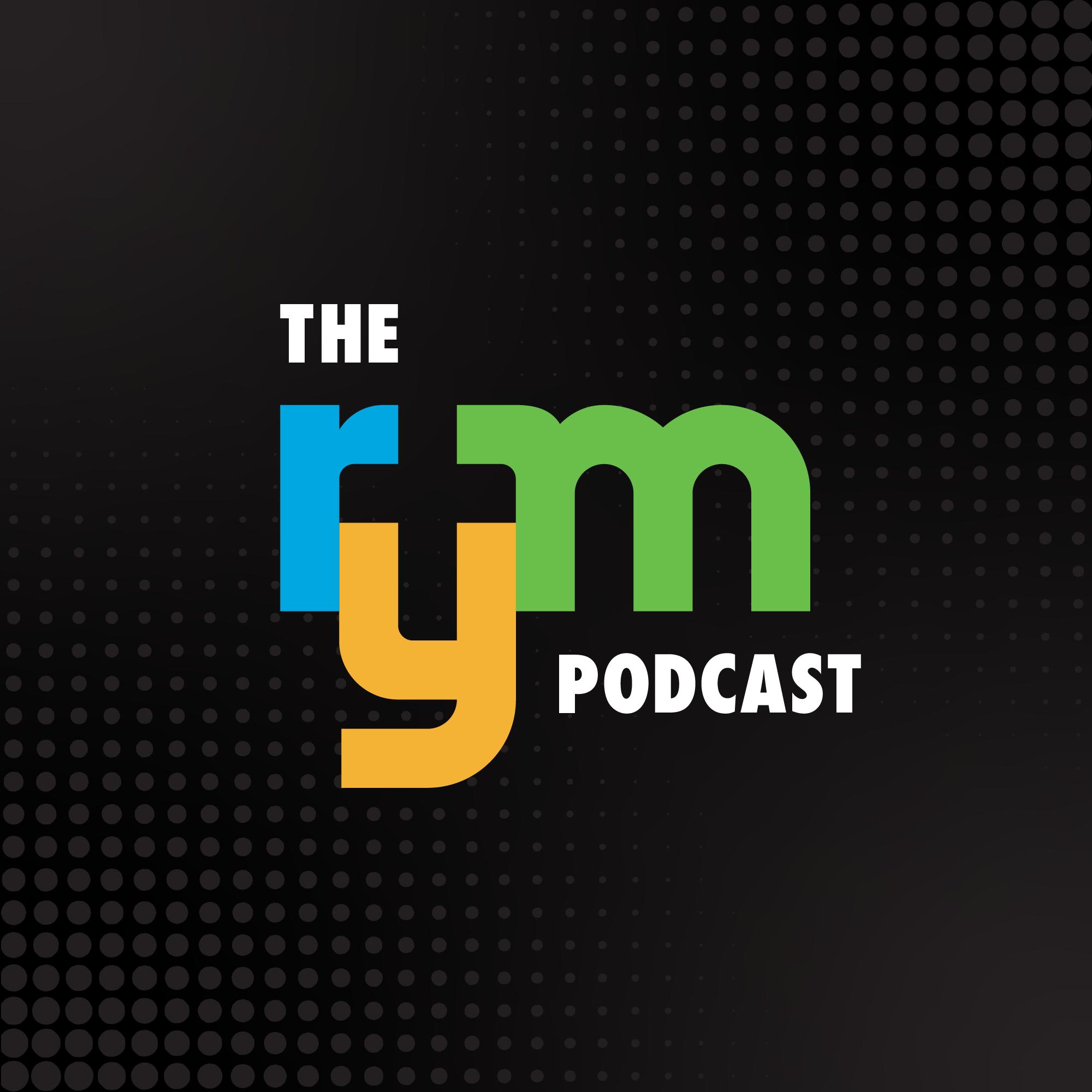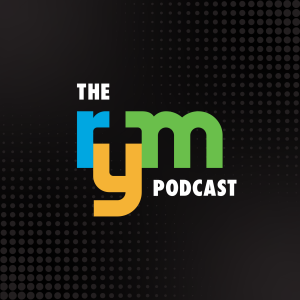
The RYM Podcast is brought to you by Reformed Youth Ministries. Since 1972, RYM has sought to reach and equip youth for Christ. This podcast aims to equip youth leaders, pastors and parents with the same desire. For more information on RYM’s summer youth conferences, training offerings and resources, visit rym.org.
Episodes

Monday May 13, 2024

Monday May 06, 2024

Monday Apr 29, 2024
#441 - RYM Worship's Newest Single: Grace Alone
Monday Apr 29, 2024
Monday Apr 29, 2024
In this episode, Joe Deegan comes on to talk about RYM Worship's newest single, Grace Alone.

Monday Apr 22, 2024
#440 - Parental Surveillance
Monday Apr 22, 2024
Monday Apr 22, 2024
In this episode, Linda and Scott join John to talk about 'parental surveillance' and other concerning parenting trends.
ASK PAUL DAVID TRIPP ANYTHING!
Text or Call: (850) 463-0796
https://www.cdc.gov/healthyyouth/protective/pdf/parental_monitoring_factsheet.pdf
https://www.theatlantic.com/magazine/archive/2011/07/how-to-land-your-kid-in-therapy/308555/

Monday Apr 15, 2024
#439 - Insecurities: Comparison in Youth Ministry
Monday Apr 15, 2024
Monday Apr 15, 2024
In this episode, John & Linda talk about the ways we're tempted to compare ourselves with other youth workers. We compare the size of our youth groups, our personality with other youth workers, & even our Bible knowledge. How can we understand these issues on a deeper level and apply the truth of God's Word to assist us in this? All of this, and more, is discussed.
The Freedom of Self-Forgetfulness by: Tim Keller
Pre-Order the Newest Track Series:

Monday Apr 08, 2024

Monday Apr 01, 2024

Monday Mar 25, 2024
#436 - What We're Reading, Watching, Learning
Monday Mar 25, 2024
Monday Mar 25, 2024
Books:
- Worthy: Celebrating the Value of Women
- Neither Complimentarian Nor Egalitarian
- The Other Half of Church
- The Godbearing Life: The Art of Soul Tending for Youth Ministry
- Lit! A Christian's Guide to Reading Books
- The Heart of a Servant Leader
- How to Stay Married
- Congratulations, Who Are You Again?
- The Anxious Generation
- Dopamine Nation
Movies/Shows:
Redeeming Productivity course: Optimize Your Week [DISCOUNT CODE: IDEALWEEK]

Monday Mar 18, 2024
#435 - Rest, Margin, Sabbath & Shalom
Monday Mar 18, 2024
Monday Mar 18, 2024
In this episode, Scott & Linda join John to talk about true rest, creating margin, and the idea of Sabbath.

Monday Mar 11, 2024
#434 - 11 Ways to Tame Your Technology
Monday Mar 11, 2024
Monday Mar 11, 2024
In this episode, John gives 11 ideas that can help you use your technology in a godly way.
Opal app - The #1 Screen Time App
One Sec app - Distracting apps made less appealing
Tech-Wise Family by: Andy Crouch
You're Only Human by: Kelly Kapic
